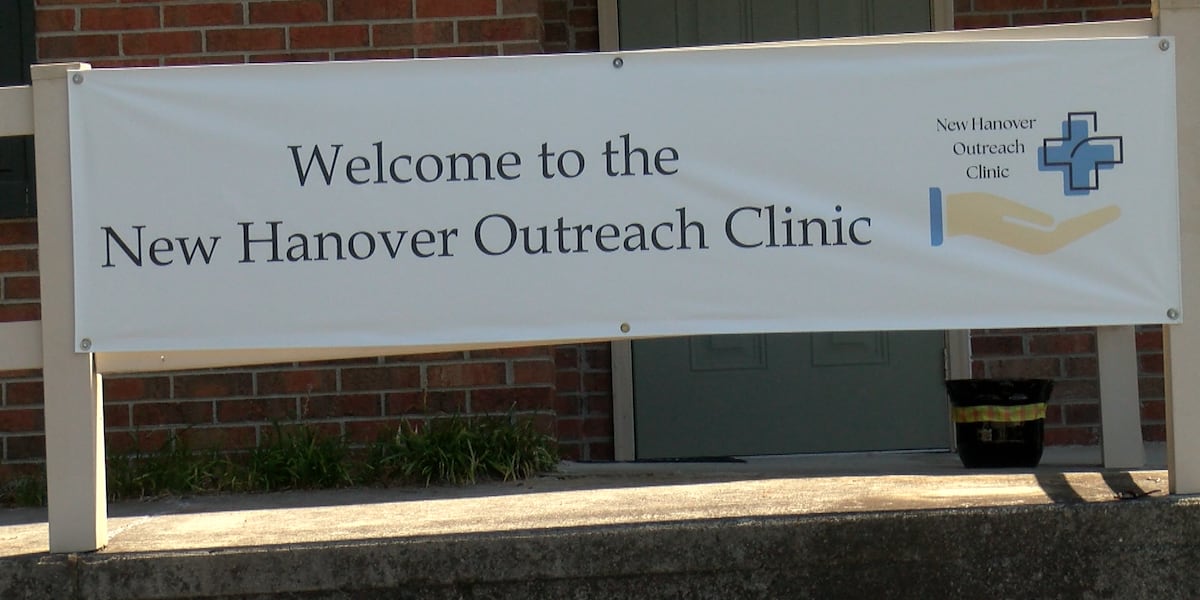Botox Black Market: Experts Warned of Unqualified Practitioners a Year Ago – Why No Action?

A concerning report has emerged revealing that health officials were alerted to the growing problem of unregulated and potentially dangerous Botox treatments a year ago. Dr. Steven Land, a leading expert in aesthetic medicine, brought his concerns to the Medicines and Healthcare products Regulatory Agency (MHRA) as far back as November 2023, yet little appears to have been done to address the issue.
The rise of 'rogue' Botox beauticians – individuals administering cosmetic injections without proper training, qualifications, or oversight – poses a significant risk to public health. These practitioners often operate from unregulated locations, such as homes or salons, and may lack the knowledge and skills to handle complications, which can range from minor allergic reactions to serious, even life-threatening, consequences.
The Growing Problem
The demand for non-invasive cosmetic procedures like Botox has exploded in recent years, fuelled by social media trends and a desire for youthful appearances. This surge in popularity has unfortunately attracted individuals seeking to profit from the industry without adhering to the necessary safety standards. The MHRA estimates that thousands of procedures are carried out each year by unqualified individuals, a figure that is likely an underestimate given the difficulty in tracking these activities.
Dr. Land's Warning and the MHRA's Response
Dr. Land, a respected figure in the field of aesthetic medicine, expressed his alarm at the lack of enforcement and the potential for harm to patients. His warning highlighted the urgent need for stricter regulations and more robust oversight of Botox treatments. While the MHRA acknowledged receiving Dr. Land’s concerns, the lack of visible action has raised serious questions about their response and commitment to protecting the public.
Why is Regulation So Difficult?
Several factors contribute to the difficulty in regulating Botox treatments effectively. Firstly, the procedure itself is relatively simple to learn, which can tempt unqualified individuals to offer the service. Secondly, the lack of a centralized register of qualified practitioners makes it challenging to identify and track those operating illegally. Thirdly, enforcement is often hampered by the covert nature of these operations and the reluctance of victims to report adverse events due to embarrassment or fear of repercussions.
What Needs to be Done?
Experts are calling for a multi-pronged approach to tackle the problem. This includes:
- Stricter Regulations: Tighter controls on who can administer Botox, including mandatory qualifications and training requirements.
- Increased Enforcement: More proactive inspections of clinics and salons, and tougher penalties for those found to be operating illegally.
- Public Awareness Campaigns: Educating the public about the risks of unregulated Botox treatments and how to identify qualified practitioners.
- Centralized Register: Establishing a national register of qualified practitioners to ensure transparency and accountability.
- Improved Reporting Mechanisms: Making it easier for patients to report adverse events and concerns.
The Bottom Line
The failure to act on Dr. Land’s warning highlights a serious gap in the regulation of cosmetic procedures in the Philippines. The safety of patients must be prioritized, and urgent action is needed to crack down on the rogue Botox beautician phenomenon before more people are harmed. Consumers are urged to do their research and only seek treatments from qualified and registered professionals. Ignoring this issue puts vulnerable individuals at risk and undermines the integrity of the entire aesthetic medicine industry.






